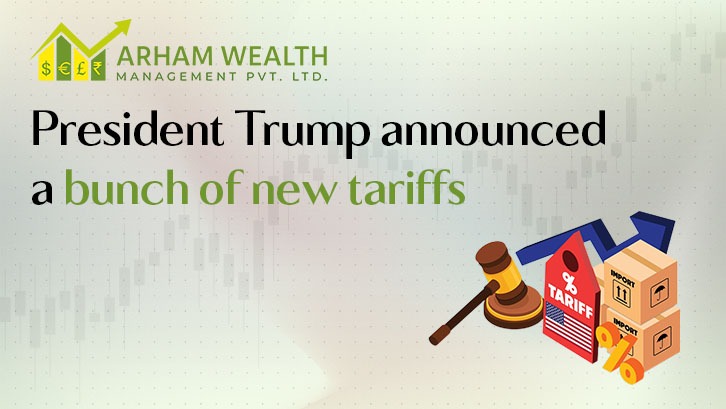


President Trump’s latest tariff announcement marks a significant shift for global trade, with the United States imposing a 100% tariff on imports of branded or patented pharmaceutical products beginning October 1, 2025, unless the manufacturer is actively building their plant in America. This move is designed to encourage pharmaceutical companies to set up manufacturing bases domestically and reduce reliance on imports for critical medicines.
Any branded or patented pharmaceutical product imported into the US will be subject to a 100% tariff starting October 1, 2025, unless the manufacturer is already constructing a US plant.
There is an exception: if active construction of a manufacturing facility in the US has begun, the product will not be subject to the new tariff.
Expanded tariffs include: 50% on kitchen cabinets, 30% on upholstered furniture, and 25% on heavy trucks.
President Trump justifies these new tariffs by citing “flooding” of imported goods, particularly kitchen, bathroom, and some types of furniture, which he says is hurting domestic manufacturers.
India, a leading exporter of affordable generic medicines, faces significant uncertainty due to these new trade barriers. In 2024, India exported $3.6 billion (31,626 crore) worth of pharmaceuticals to the US, and $3.7 billion (32,505 crore) in just the first half of 2025. Companies like Dr Reddy’s, Sun Pharma, Lupin, and Aurobindo have traditionally benefitted from the enormous US demand for generics.
The 100% tariff specifically targets branded and patented drugs, a category largely dominated by large multinational firms; however, there is a cloud of doubt regarding its broader effects—especially for Indian makers of complex generics and specialty medicines, whose market access may now be at risk.
US pharmaceutical multinationals and truck makers are likely to benefit, at least in the short term, from reduced competition.
Indian pharma majors may need to accelerate US-based manufacturing plans to avoid losing market share or facing higher costs.
Global supply chains in medicines, furniture, and trucks could see realignment as market participants respond to sudden tariff spikes.
source moneycontrol